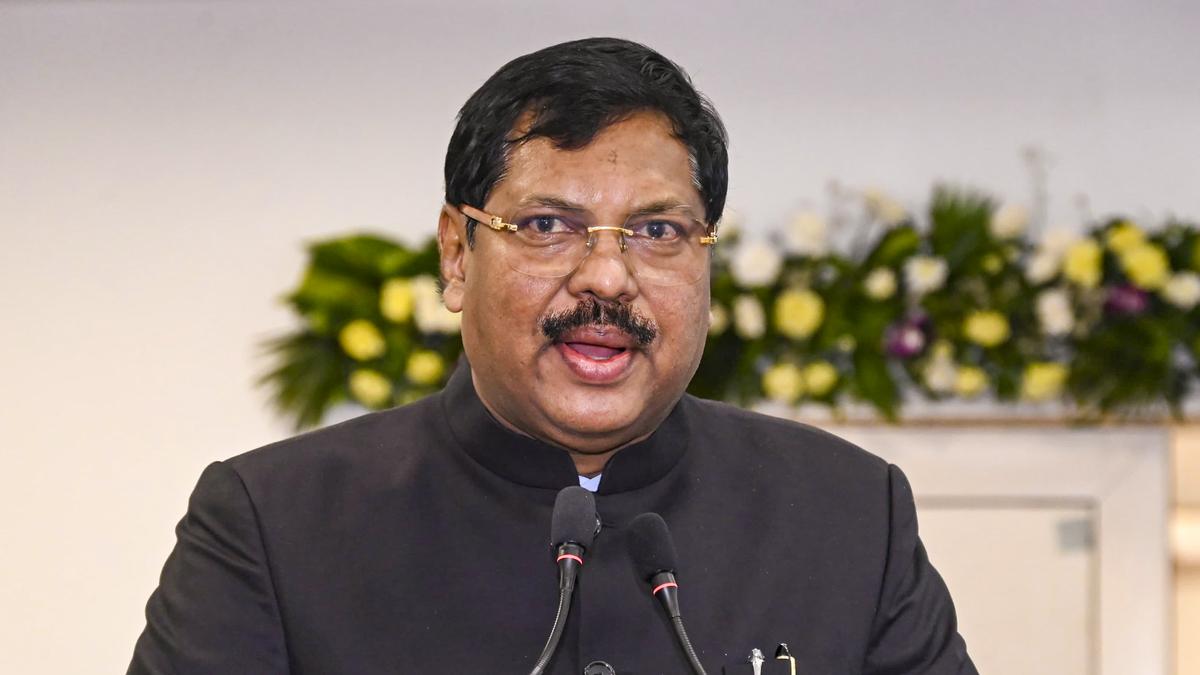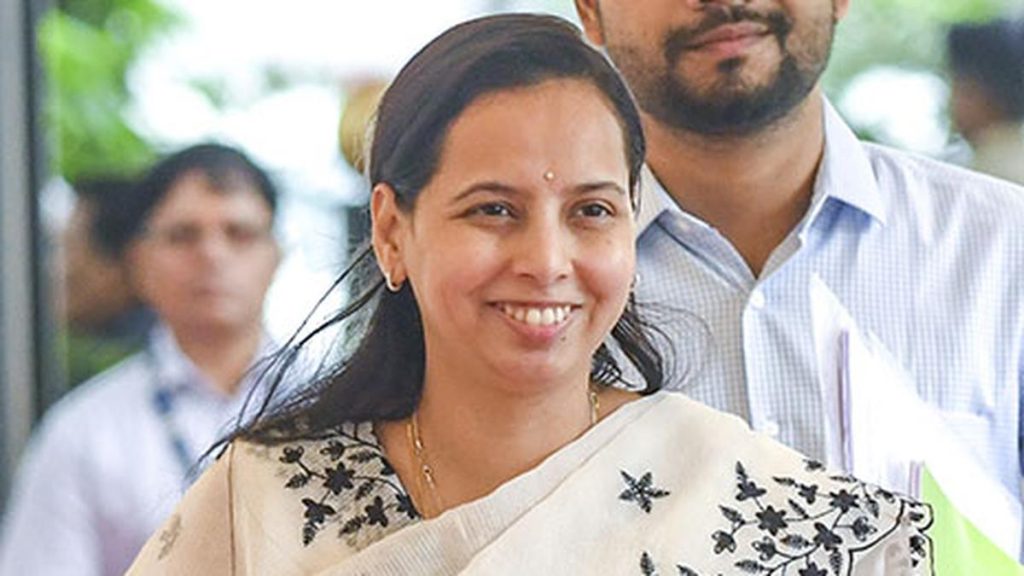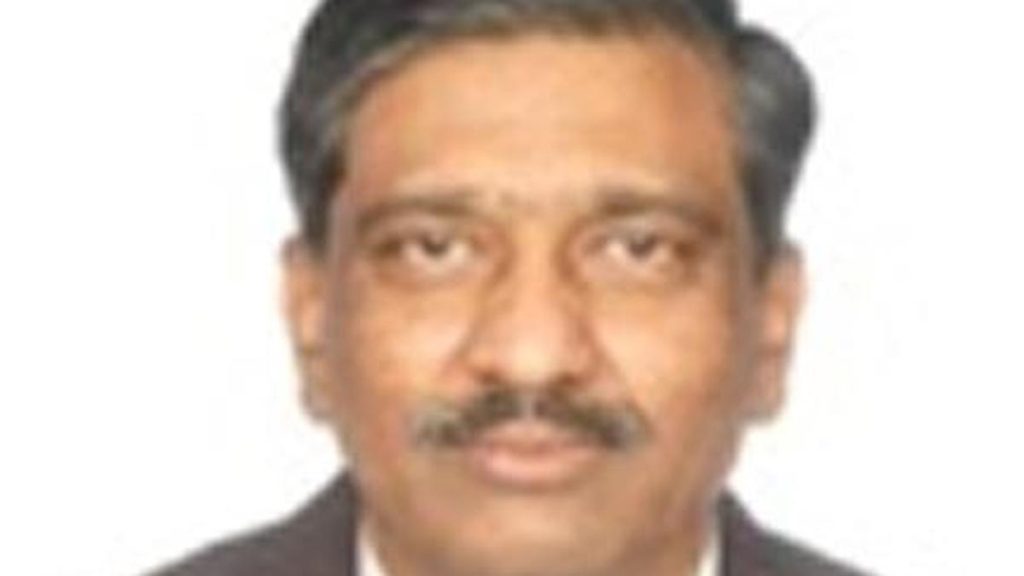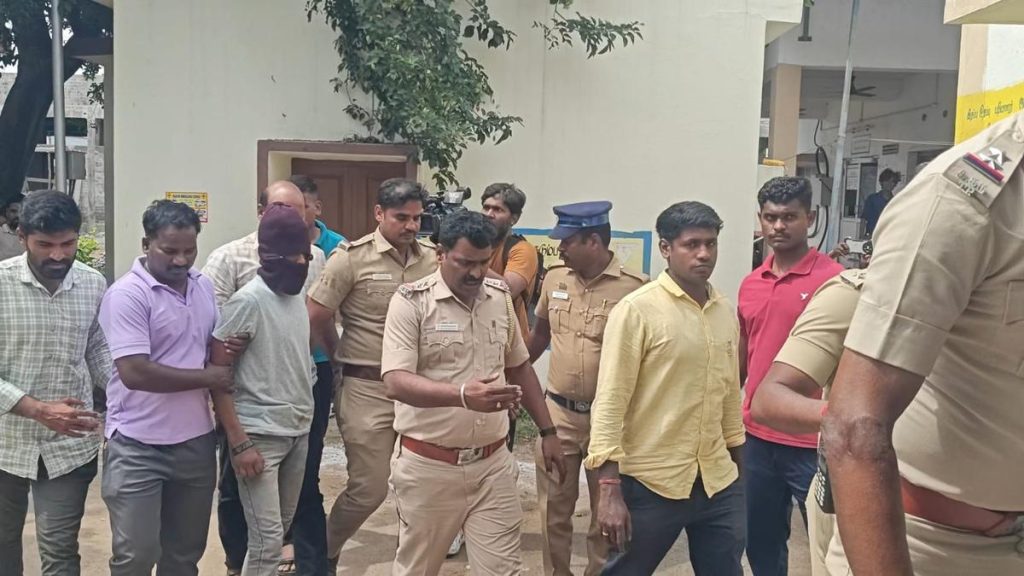Now Reading: Supreme Court, Govt. Collaborating to Address HC Appointment Delays: CJI
-
01
Supreme Court, Govt. Collaborating to Address HC Appointment Delays: CJI
Supreme Court, Govt. Collaborating to Address HC Appointment Delays: CJI

Swift Summary
- Chief Justice of India B.R.Gavai stated on July 24, 2025, that the administrative side of the Supreme Court is actively engaging with the government to address delays in Collegium recommendations for judicial appointments to State High Courts.
- Some names are being cleared, though notable delays persist.
- The Chief Justice expressed concern over top legal talents withdrawing their names from consideration for judgeship due to prolonged government inaction.
- Advocates Swetashree Majumder (Delhi High Court) and Rajesh Dattar (Bombay High Court), amid unexplained delays or segregation by the government, withdrew their consent for judicial appointments despite being highly regarded professionals.
- Senior advocates including Arvind datar and Prashant Bhushan criticized these delays as damaging future talent acquisition for the judiciary.
- The case challenging these governmental stalling tactics has been set for a hearing in two weeks following an oral mention by senior lawyers.
- Concerns remain about stalled recommendations from as far back as 2019; similar issues have been highlighted as judgments aiming to regulate timelines were passed by prior Supreme Court benches.
Indian Opinion analysis
The issue of delayed judicial appointments underscores a critical gap between institutional processes and governmental accountability. The Collegium system’s reliance on timely approval is essential not just to fill vacancies but also to maintain public trust in judicial independence. Prolonged stagnation can disrupt court functioning and compromise litigants seeking swift resolutions.
Withdrawals from remarkable candidates like Swetashree Majumder and Rajesh Dattar highlight a discouraging trend where young legal talent may shy away from judiciary roles due to bureaucratic hurdles. This risks diminishing future diversity and capability within India’s courts.
While this engagement may result in some progress through mutual cooperation between judiciary and executive,unresolved structural tensions remain deeply concerning given historical challenges such as NJAC-related disputes noted by previous judges. A resolution would require stricter adherence to guidelines ensuring openness while prioritizing high-caliber individuals’ inclusion into constitutional roles.
Read more: link























